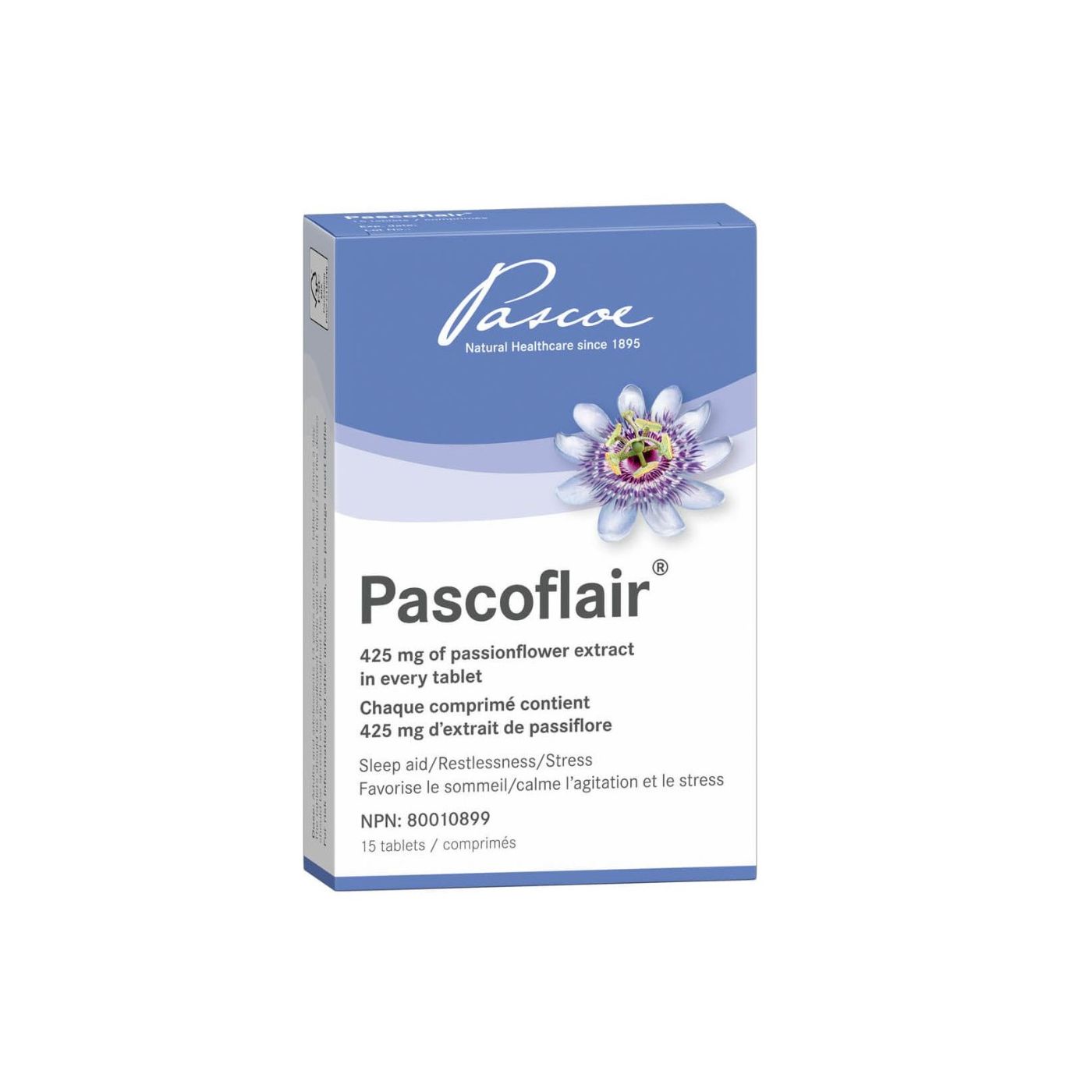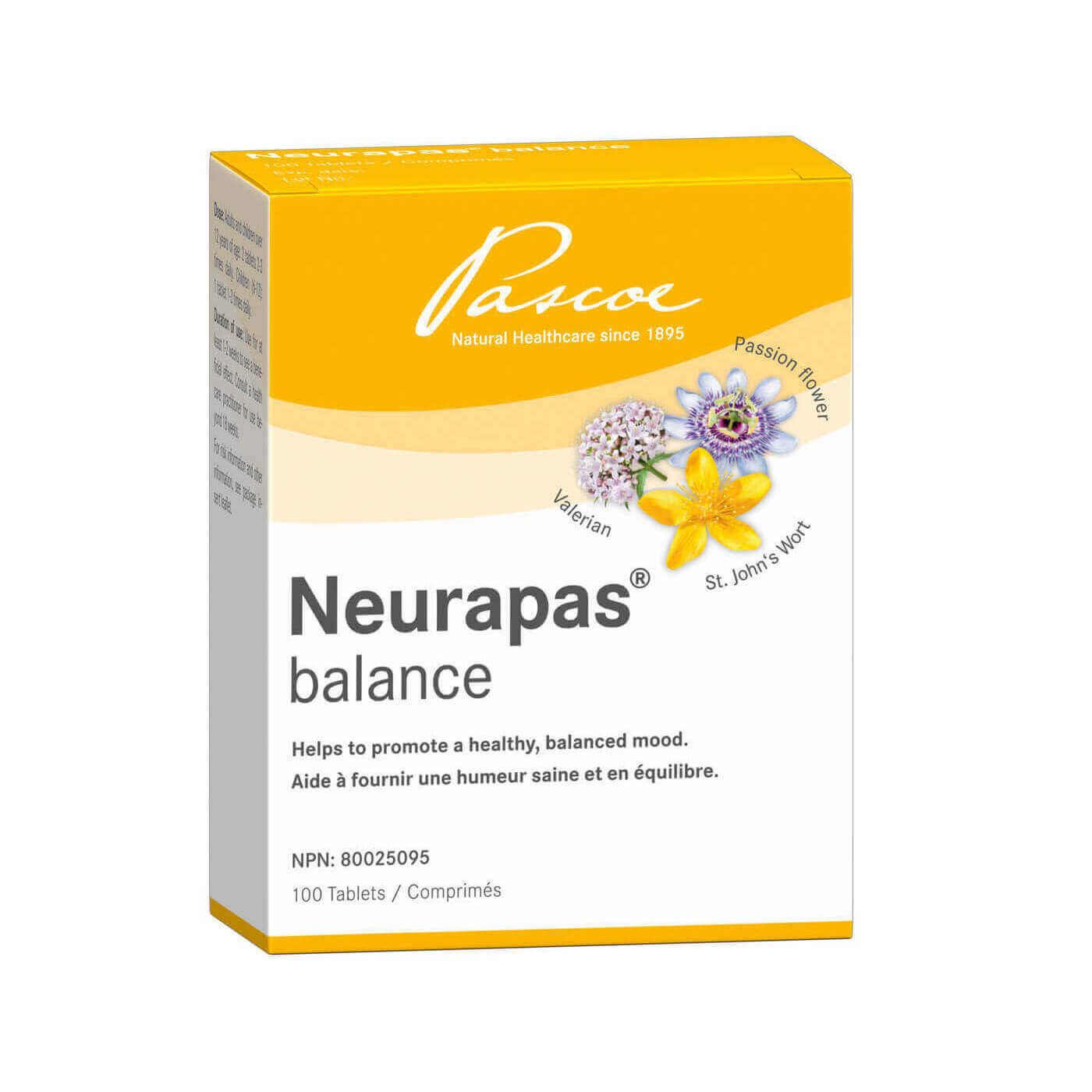How To Calm Your Nerves Naturally
Exam season is challenging right now! Racing thoughts, being easily distracted, or uncontrollably restlessness, are more common now than ever. We’re all trying to bounce back from social isolation and increased nervousness.
The parasympathetic nervous system controls our “fight” or “flight”, or stress responses. When we experience isolation, hypervigilance or overstimulation for a prolonged period, our ability to cope dwindles and it takes time to build back resilience.
Restlessness is felt both physically and mentally. Whether it’s exam season and you need to perform your best, or you’re trying to reduce overall stress levels, here are tactics to regulate your nervous system and get back to coping better.
Deep Breathing
Close your eyes and place a hand on your heart and one on your abdomen. When we are restless, our heart rate speeds up and our breathing gets shallow. Breathe deeply and slowly, mimicking a relaxed state. Your thoughts are sure to follow!
Have you tried a cold shower? It’s hard to think about anything else when ice cold water is hitting your body. The cold triggers norepinephrine which increases energy and focus. Blood vessels contract and increase the flow of blood to your organs. This revs your metabolism and gives you a surge of energy!


Norepinephrine also decreases inflammation and lessens the load on pain receptors. All you need is 30 - 90 seconds of exposure.
Progressive Muscle Relaxation
Feelings of nervousness can manifest physically as tight shoulders, jaw pain, digestive upset, clenched fists and jitteriness. By taking time to relax from toe to head, we can relieve some of this tension.
Start at your toes, clenching and unclenching like you would a fist, and move up the body. As tension begins to lessen, the body can return to a more open and accepting position.
Pay attention to what you tense when going into a stressful meeting or exam. Take a moment to recognize and release this tension. By returning to a more relaxed position, we handle stressful situations with more ease!
Calming the Mind
When we’re stressed, blood pressure rises. We panic and our thoughts race. We don’t respond well from a state of panic. We are thinking about survival, and in our modern society, it is infrequently a sign of actual life or death circumstances.
Passion flower is a great natural calming agent. It has a long history of treating neurological disorders and sleeplessness. Try supplementing with passion flower before your next exam! It will help to calm your nerves, shut down racing thoughts and increase your ability to focus.
Valerian Root is another great option. It works on nervousness and insomnia, as well as physical symptoms of stress, including gas, spasms and pain.
St. John’s Wort is traditionally used to treat nervous system pains and diseases. It can also be used in nervousness and unbalanced mood, relieving symptoms and improving our ability to cope. It has strong anti-inflammatory, anti-depressant and sedative properties.
Combine these potent herbs in a soothing cup of tea and watch your stress melt away! These herbs are best taken on a regular basis as a preventative measure. If you’re looking for more immediate relief, these strategies can be implemented in moments of stress.
How To Calm Down When Stressed
Look around the space and name items as you see them. By taking your thoughts to your surroundings, you can ground yourself and break the cycle of rumination.
Find a more balanced thought and repeat it to yourself until your mind lets go of the frightening one. “I will pass this exam” is a great alternative to a mind that keeps repeating, “I’m going to fail”. Sometimes you just need to commit to changing the narrative to tap back into confidence!
If you can’t step away to take a cold shower, try a cold glass of water. This can have a similar effect on our physical body, as well as a racing mind. Plus, hydration is key to a well functioning body!
How to Focus When Stressed
Constant chatter is overwhelming. Work to remove distractions by putting your phone on silent and closing the door. In our world, we are constantly being inundated with information. Studies show that the more time we spend on social media, as well as the number of platforms we use, increases our risk of restlessness and unbalanced mood.
Break big tasks down into small, manageable steps to increase motivation. If you need to pass an exam in two weeks, today, assemble all your study materials and highlight key passages. Afterwards, make a schedule of study sessions, making sure they are manageable amounts.
Stress and nervousness are universal. It can be useful to chat with a friend about their coping techniques. Simply discussing it can help lessen the load. These natural tactics for calming the mind and body are a great addition to your self-care toolbox.
If your mental health is suffering severely, please don’t hesitate to seek medical advice.




